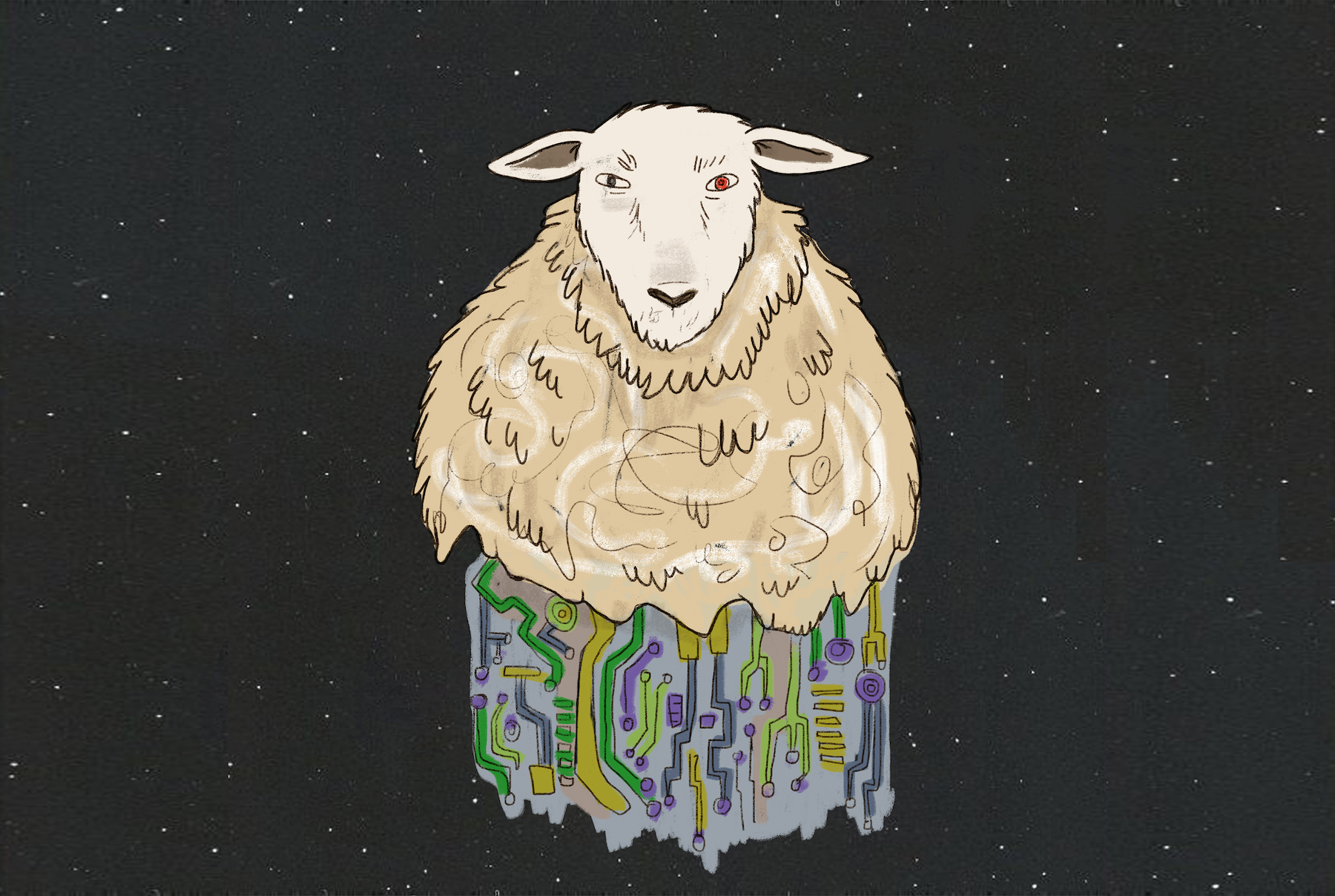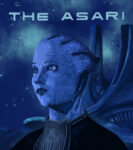Philip K. Dick is a pioneer in the sci-fi genre. The anthology series “Electric Dreams” premiered on Amazon in 2018 (Channel 4 in the U.K. in 2017) and is composed of 10 standalone, 50-minute episodes based off of short stories written by Dick.
The episodes each consist of their own beautifully rendered and unique universes, yet feel as if they could exist in parallel dimensions.
Arguably, the matter of humanity, and more so, what it means to be human, takes center stage of the majority if not all of the episodes. The themes of the series, no matter how futuristic in semantics, disturbingly speak to problems faced by our current society, in true science-fiction fashion.
In my eyes, two episodes of “Electric Dreams” stood out amidst the whole, as they take a specific look into human relationships and empathy, speaking to the subject matter depicted in Dick’s novel “Do Androids Dream of Electric Sheep?”
“The Hoodmaker” exists in a world surrounding an authoritarian regime called the Free Union. Within this world, a minority group has developed with telepathic abilities, but the individuals are abhorred for being different.
They are human, but the society in which they live sees them as lesser creatures, thus, these “Teeps,” as they are called, are forced to live in dire conditions and are essentially treated as objects. They are also visibly distinguishable by clear skin markings that viewers are implicitly asked to accept as part of the world.
Honor, a telepath, is recruited to work for the police alongside Agent Ross in an effort to integrate Teeps into the workforce so the government can harness their powers. The relationship between the two characters is at the core of the episode, as clear allusions to racism and hate are explored. The characters are asked to investigate the identity of an individual creating hoods that can block telepathic abilities, a creation that could halt the government’s plans to use telepaths in the justice system.
The other episode of “Electric Dreams” that should be discussed when considering “Do Androids Dream of Electric Sheep?” is “Human Is.”
In the episode, audiences are introduced to Mission Director Verra Herrick and her husband Colonel Silas Herrick, two humans living in a ship-like unit that essentially acts as a nation. In a loveless and negligent marriage, Verra continues on, plunging into her work as she tries to simply live within her circumstances. Her cold, dispassionate husband is sent on a mission to help find a substance that can process Earth’s toxic atmosphere.
To do so, he must travel to Rexor IV and possibly risk contact with what audiences are told are the threatening Rexorians. Silas’s ship is attacked during the mission, and, somehow, he and one other member of the crew survive.
However, Verra finds her husband warm, kind and considerate after he heals, as if he were an entirely different person. Silas is now more in love with his wife than ever before, and Verra more in love with Silas. Yet, soon it is suspected on the ship that Silas is a Rexorian, a creature known to show no empathy.
He comes under trial as does his wife, because Verra suspected the truth but felt for the new being more than she did for her husband. As Silas — or rather, the creature audiences know as Silas — realizes Verra could be taken down with him, he steps in to save her.
Thus, the ship’s government determines that Silas could not be a Rexorian, or so everyone but Verra understands.
Both episodes, and generally the season as a whole, pay a fitting homage to the types of ontological queries Dick so poignantly probed in his 1968 magnum opus “Do Androids Dream of Electric Sheep?”
Set in the year 2021 (not too far off from now), the world has been permanently changed by World War Terminus. (The original date of the book’s narrative was 1992, later changed to 2021.) Radioactivity has plagued Earth’s surface, as “dust” now layers the environment and has changed some people’s core genetics. Entire species have become extinct. There are no more birds. There are no more raccoons. There are no more toads.
Thus, animal life has become precious.
Life on Earth is not ideal, so the United Nation has encouraged off-world colonial settlement. To incentivize immigration, the government promises that every human who emigrates from Earth will receive an android upon reaching Mars.
Meanwhile, those left on Earth covet life. Companies have come into existence that build electric animals. These same companies are the ones able to build the androids.
Yet, in fear that these androids could tear Earth’s society apart, android life is illegal. However, enter the Nexus 6, a brain unit/model of android that is the closest model to date in terms of mimicking humanity.
The largest plot of the narrative follows Rick Deckard, a bounty hunter (or Bladerunner, as both movies are inspired by this novel), on a day’s timeline. Deckard must hunt down six rogue androids out of a group of eight that have illegally come to live on Earth.
During the process, he meets Rachel Rosen, a member of the Rosen family, the entity that runs the largest corporation on Earth responsible for electric animals and androids.
Rosen turns out to be an android, and, thus, Deckard comes to a personal crisis, realizing he has reached a point where he now empathizes with an “andy.” Empathy is the moral scale individuals in this fictional world hold above all else. Empathy is strived toward through the care of animals, whether real or electric, and empathy is the supposed difference between androids and humans.
“Electric Dreams” and “Do Androids Dream of Electric Sheep?” both stand as beautifully crafted representations of fictional but eerily possible futures. They remind audiences that no matter how far we progress as a culture, society or world, what makes a human a human remains the greatest question of our species.















